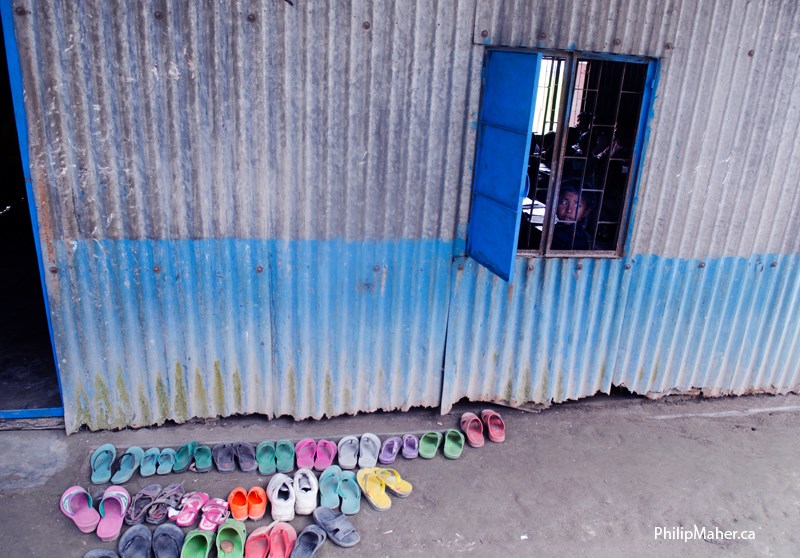Perhaps it’s only during these hazy days of summer, when holding court around a Guelph backyard campfire roasting marshmallows, faces mostly in darkness with a cold drink in hand, that friends lower their armour. They start talking about baseball then politics and the shoveling of hard-earned money into bottomless government holes. Somewhere close to the top of that shameful list of government boondoggles is foreign aid. Full disclosure, I move in this circle. It’s no surprise that my lone voice responded from the dark on why I believe in providing global assistance.
The government has just announced its direction for aid during the Trudeau era. Just to bring you up to speed, Global Affairs Canada, often-pronounced “Gack” manages foreign aid. The Canadian International Development Agency (CIDA) is gone for you old timers.
We spend over about 5 billion dollars on aid.
In a democracy, we can and should argue with how various Canadian governments approach aid. However, we should not argue against aid itself.
To many of us, it’s a simple argument for compassion, but for the cynics sitting around the campfire, there are some very practical reasons for supporting these programs. Helping others is not only the right thing to do, but it improves the world, including Canada.
We could talk about the eradication of malaria in Sri Lanka, guinea worm in Ghana or polio on the continent of Africa. There is also the reduction in child mortality rates or perhaps the reduced spread of AIDS and preventing the spread of the Ebola virus in West Africa. In part, these benefits are a result of non-government, charitable organizations and Governments working together. Incidentally, of all the charities in Canada, over 50 per cent are recreational and cultural organizations or religious institutions like churches or synagogues. Only about 5 percent manage international aid through organizations like World Vision, Christian Children’s Fund or Plan Canada. There is a myth that there are too many aid groups. They are small compared to other charities.
We live in an interconnected world. Preventing disease reduces poverty and helps create a more stable globe. That’s good for everyone.
Foreign aid is in our own self-interest. Canada and other developed nations can have a positive influence for change. Aid is politics applied by modeling human rights and helping to build democracies. We have seen the result of failed states with ISIS in the Middle East or with Somalia in Africa. The results are devastating. Moreover, their problems leak into Canada. My concern with what is taking place internationally with foreign aid cutbacks and increased military spending is that it does not accomplish the presumed international goal of peace. This affects us all. The best way to stem the tide of refugees is through development, diplomacy, and peace.
Peace is more than the end of war. By increasing the war machine while decreasing aid, we leave citizens to their own devices. Military intervention may be useful. However, it must be done with consideration for post-conflict reconstruction and democratization? This is where aid programs can help. Better still, they may be able to work alongside diplomacy to avoid or reduce conflict. A desperate person will do anything to support their family. Ideally, well-targeted aid fills that vacuum. Having been to a number of failed states, I can attest to the fact that suffering creates an atmosphere where survival overrides ethics or morality. We all want to survive.
The aid we provide from our government and through various charities is vital for democracy. That is good for Canada. International affairs is a very complex activity. We will not get it right all the time. Many things need to be radically changed. There are some good things also. To dismiss our foreign aid is like tossing out democracy because of political scandals. More than ever before, we must be a global player, if not for humanitarian reasons to ease pain, then at least for our own Canadian and western democratic way of life.
